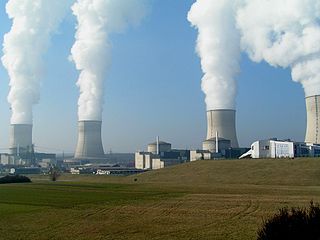What’s the Take-Away from Fukushima?
We often read articles that acknowledge that, while Fukushima was indeed a disaster, that it caused an unwarranted spike in fear of danger of nuclear power, and that this alarmist message was spread by those with an anti-nuclear agenda. On the other hand, we have pieces like this one that suggest the precise opposite. I put a great deal of credibility in this latter concept; does it seem far-fetched to anyone that officials would underrate the danger? I honestly don’t know what to believe, and I’d love to see a few comments on this.


Do we learn from our mistakes or not?
With any developing technology there is a learning curve. Steam engines exploded,killing many workers. Automobiles lost steering and starting them up with a crank could break your arm. Ships were routinely lost at sea. Airplanes crashed frequently. Over the years these technological wonders became safer.
Now with nuclear power, from the get-go it was realized that we were riding a tiger that could do us more harm than all the other inventions to-date. Because of this the industry has had a policy called ALARA (as low as reasonably attainable), which applies to radiation release and more generally to risk in general. Redundancy has been built into most systems. I say most because with Fukushima there was no backup for the backup generators.
I support the idea that even with nuclear power, the result of each and every accident has been safer reactor systems. Because these reactors are stationary, there is little reason to limit safety devices that might be too heavy or bulky in mobile applications. Our reactors of today could be the equivalent of Model T Fords in a generation or two if we let the engineers tackle the problems and give us safer systems with even more redundancy.
The takeway from Fukushima is that oil refineries are dangerous and can be very destructive if an earthquake occurs.
http://en.wikipedia.org/wiki/Cosmo_Oil_Company
Unlike the problems with the nuclear reactors, the burning oil refinery caused fatalities. Of course, the nuclear reactor problems were also disastrous, at least economically.
In addition, as the following link indicates, the Fukushima power station was inappropriately located and had other problems which could have been avoided had greater foresight and responsibility been used before building them.
http://www.guardian.co.uk/environment/blog/2012/mar/09/fukushima-thorium-nuclear-power-uranium
One of the problems (but not the only problem) with the Fukushima reactors was that there was inadequate provision to deal with released hydrogen. The result was hydrogen explosions. Learning from that, U.S. nuclear power systems are being upgraded to deal with hydrogen.